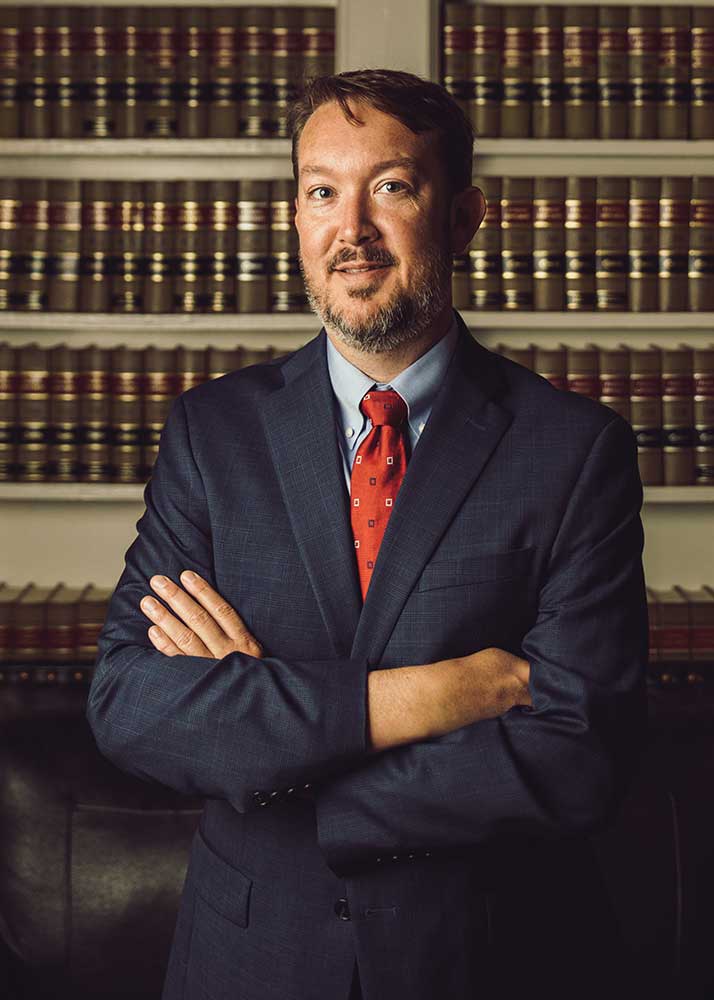What Workers’ Compensation Does and Doesn’t Cover
When workers are injured on the job in South Carolina, they may be entitled to compensation through the workers’ compensation insurance system. Here’s what workers’ comp does and doesn’t pay for.
What Workers’ Comp Does Cover
The South Carolina Workers’ Compensation law covers the following expenses:
- Compensation for lost wages
- Medical bills, including prescriptions
- Travel expenses to and from the doctor and pharmacy
- Compensation for permanent injuries or disfigurement
- Death benefits
If you’re out of work for more than seven days due to the injury or illness, you may receive compensation for lost wages at a rate of 66⅔% of the worker’s average weekly wage, not to exceed a state-set maximum ($838.21 per week as of January 1, 2018).
Workers’ comp also covers hospital, medical, and doctor bills related to the treatment of the illness or injury sustained on the job, as well as related prescription medications, medical supplies, and prosthetic devices. Plus, if the round-trip distance to the doctor or pharmacy from your home is more than 10 miles, you may be reimbursed for travel expenses at the state employee rate (54.5¢/mile as of January 1, 2018).
Disfigurement and permanent disability resulting from the injury, such as loss of limb(s), permanent physical impairment, paraplegia or quadriplegia, physical brain damage, and visible disfigurement, are also covered. Some conditions are eligible for lifetime benefits, while others are subject to a 500-week maximum.
Finally, South Carolina workers’ comp pays death benefits to the dependents of workers who died on the job. The dependents of the deceased, or other potential claimants, have two years from the death to file a claim for benefits, paid at the same rate of 66⅔% of the average weekly wage. Benefits are limited to a maximum of 500 weeks.
What Workers’ Comp Does Not Cover
In workers’ comp, an individual who is injured or ill seeks compensation. In this way, it’s similar to personal injury lawsuits, where an injured party seeks compensation from the party at fault.
However, workers’ comp in South Carolina is a tightly regulated program with pre-defined payout rates and procedures, all subject to state law. In that way, it is very different from a personal injury lawsuit, where damages are determined by judge and jury or are settled out of court. Many types of damages available to the plaintiff in a civil suit are not available to the injured party in a workers’ comp claim. These include:
- Pain and suffering
- Emotional distress
- Loss of enjoyment of life
- Loss of consortium
- Punitive damages
Note that you will not receive these specific types of damages through workers’ comp, but if an outside third party is responsible for your injury or illness, you may be able to bring a suit against them. Read more about workplace third-party liability claims here.
Do You Have Questions About Your Workers’ Comp Case?
If you have questions about an injury or illness you sustained on the job, a current workers’ comp case, or a workplace third-party liability claim, call the workers’ compensation attorneys at The Carolina Law Group. They can help you understand your options and make sure you’re receiving the maximum compensation due to you under the law. Fill out this contact form or call one of the numbers below to schedule your free initial consultation.
The Carolina Law Group has four offices in upstate South Carolina for your convenience: Greenville (principal office; call 864.312.4444), West Greenville (864.312.4444), Greer (principal office; call 864.757.5555), and Spartanburg (principal office; call 864.757.5555). Call today.




